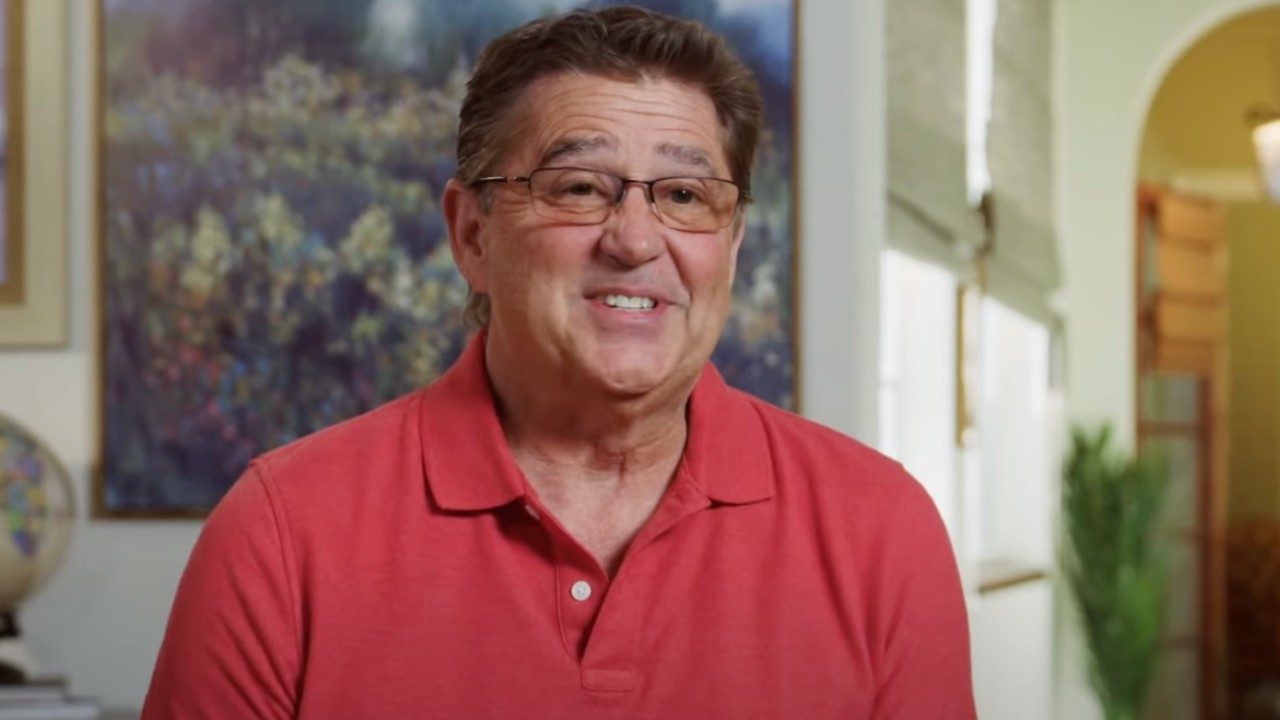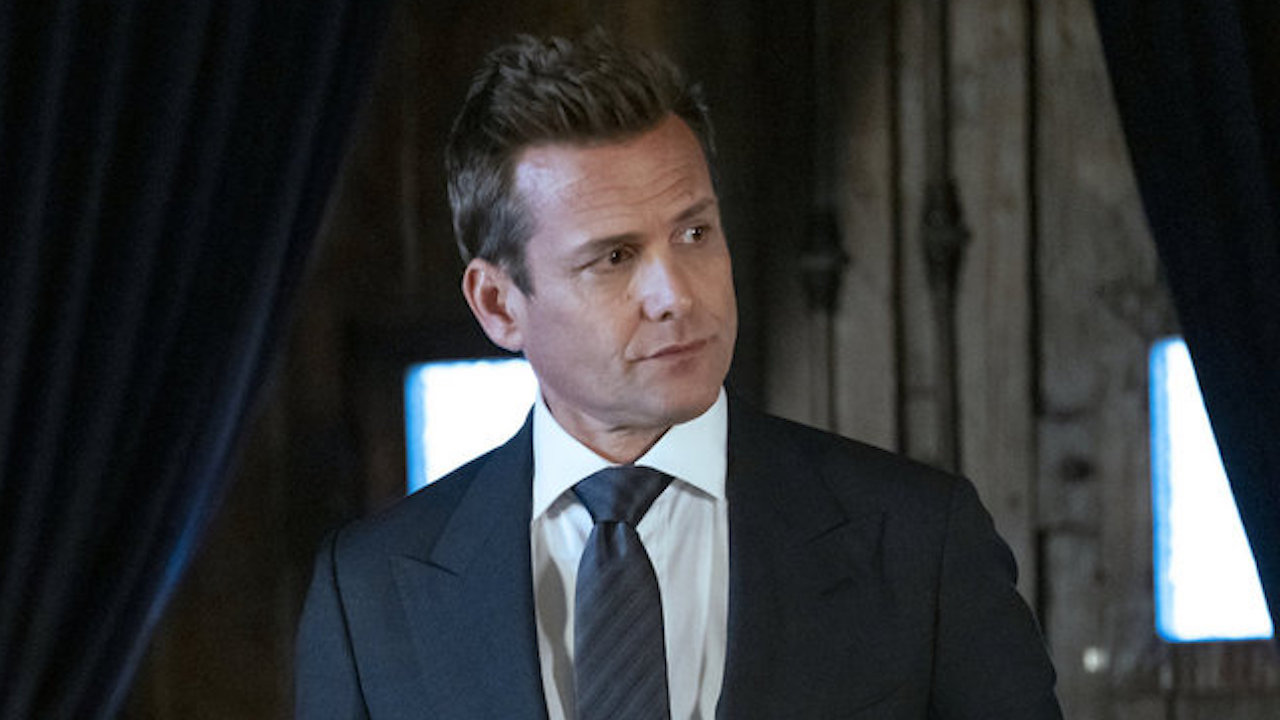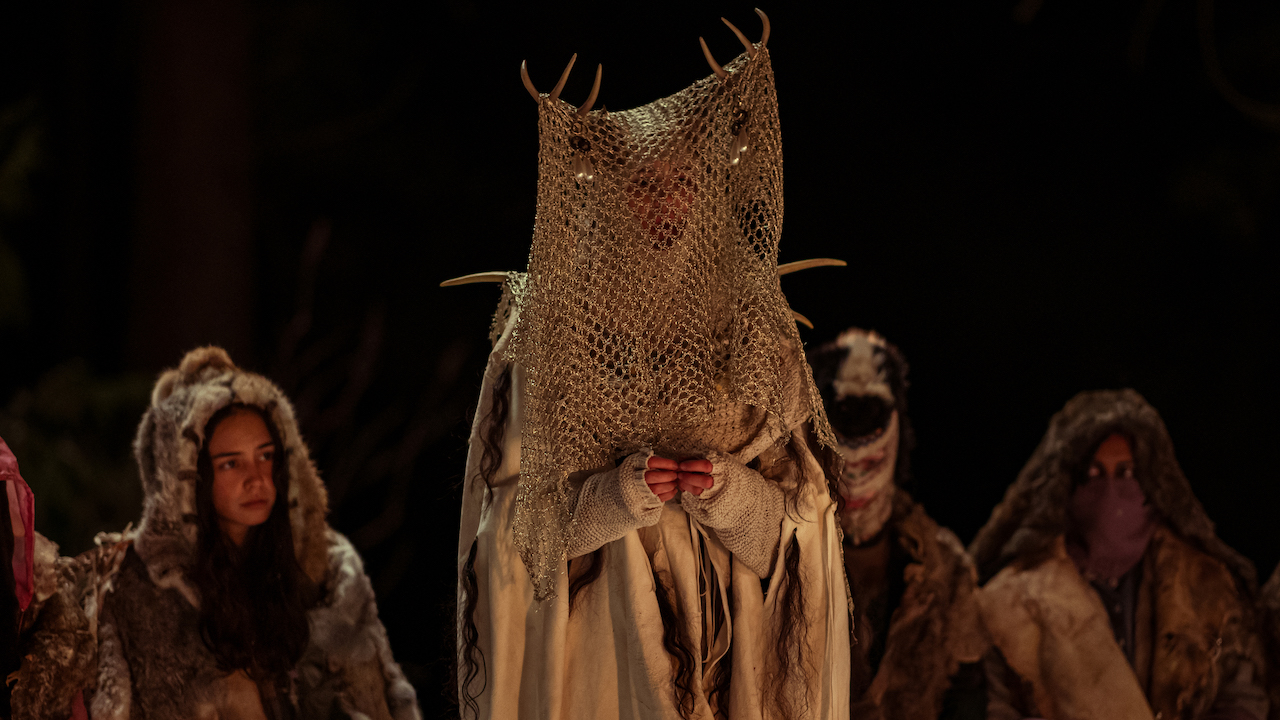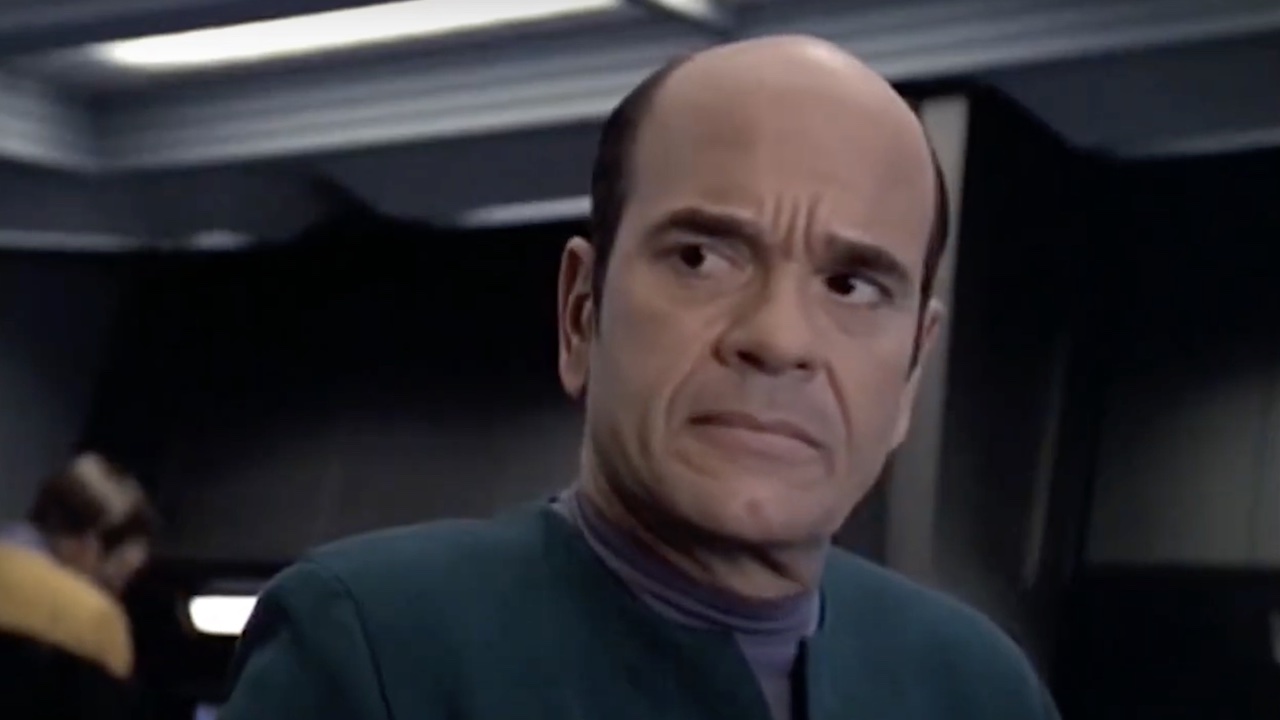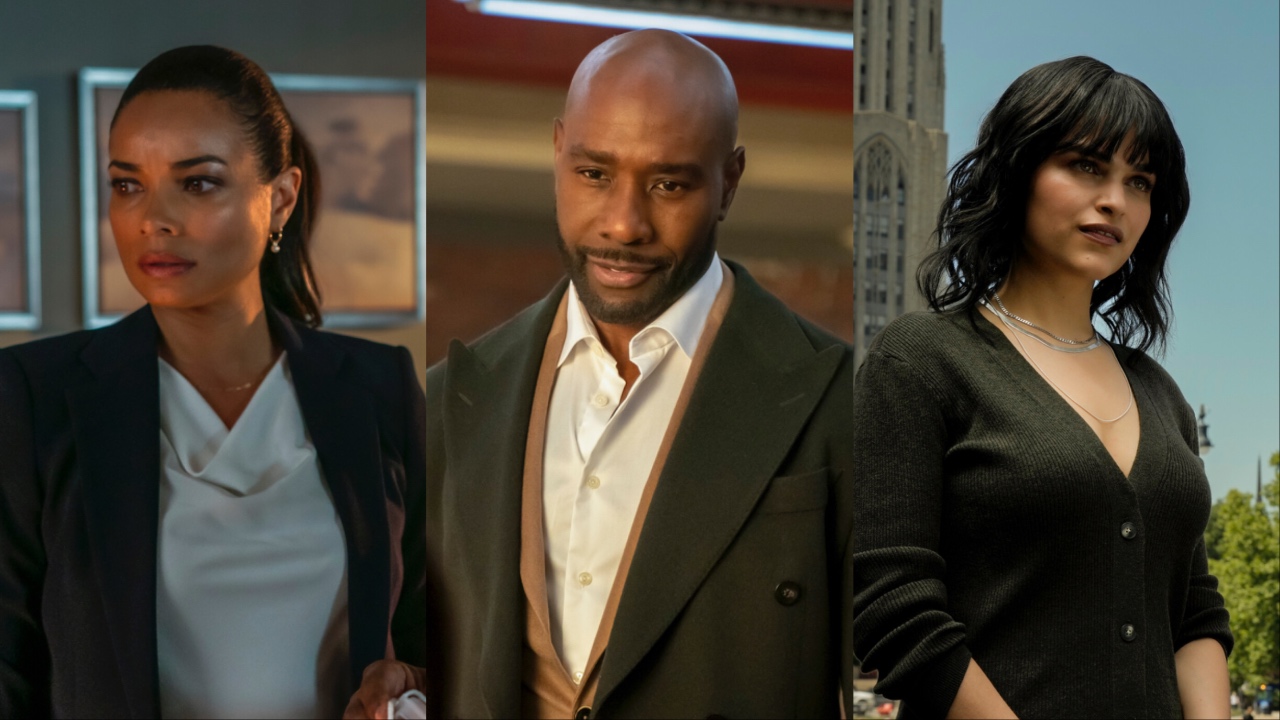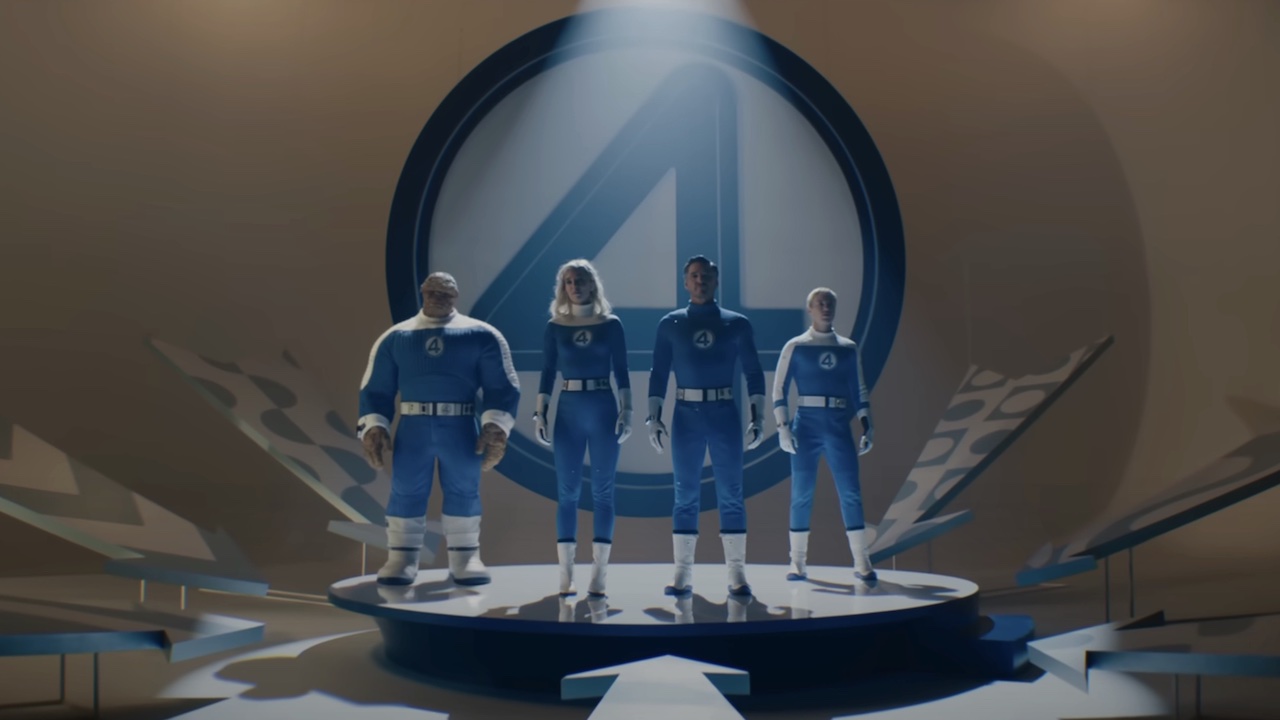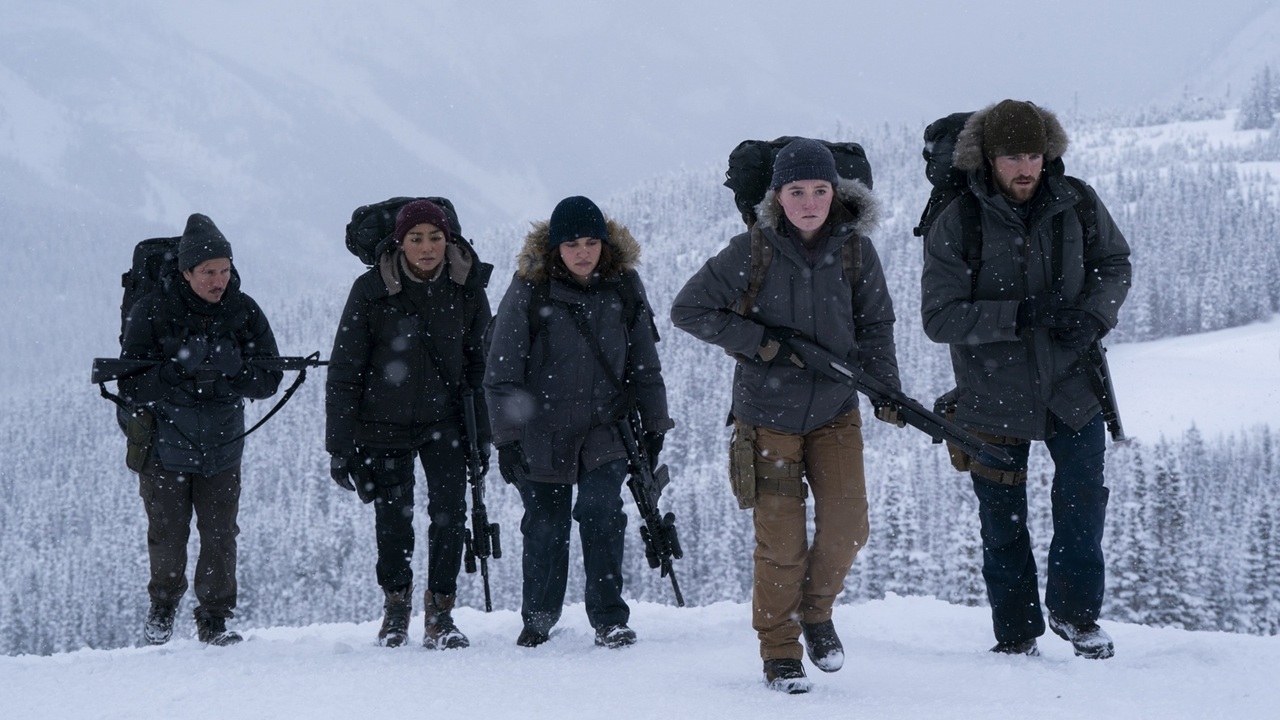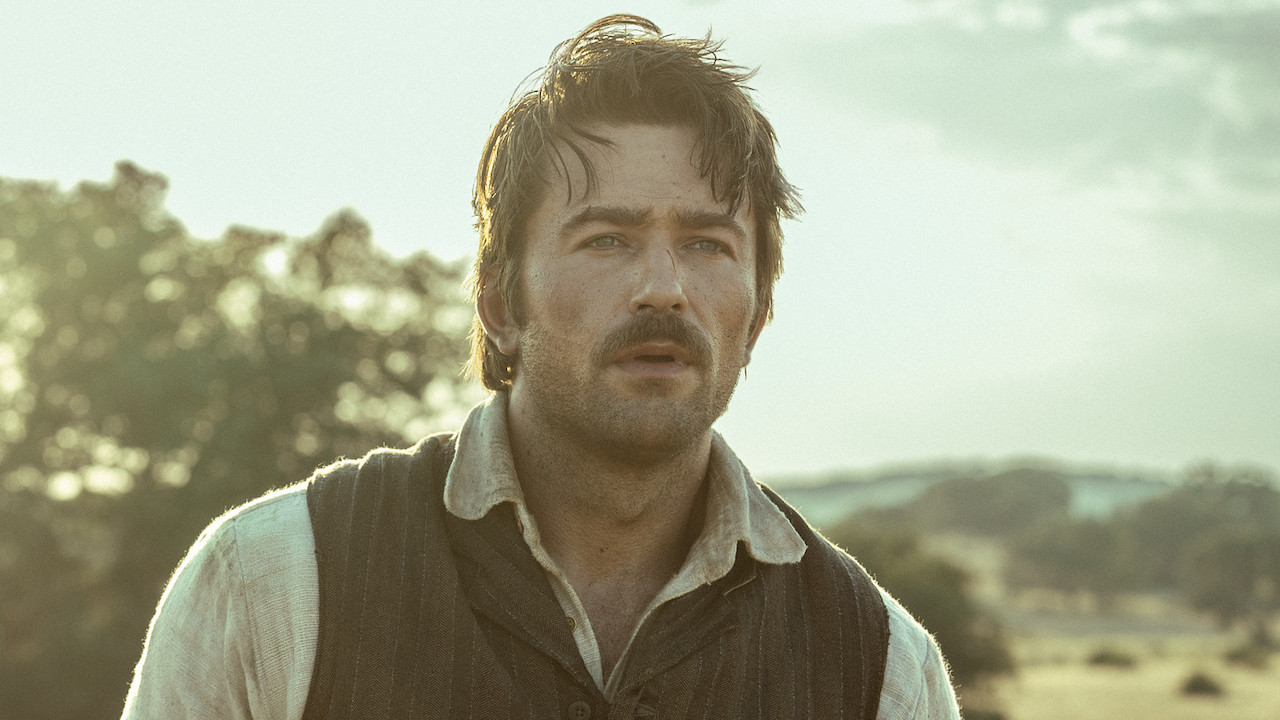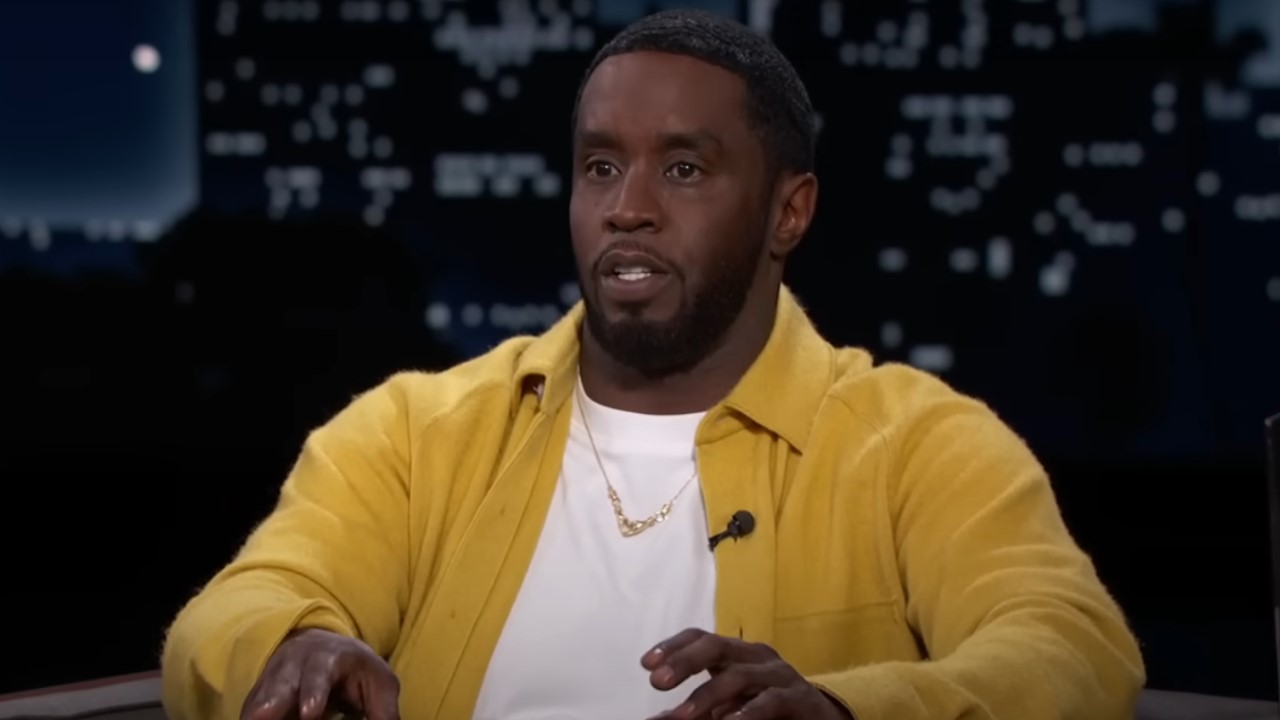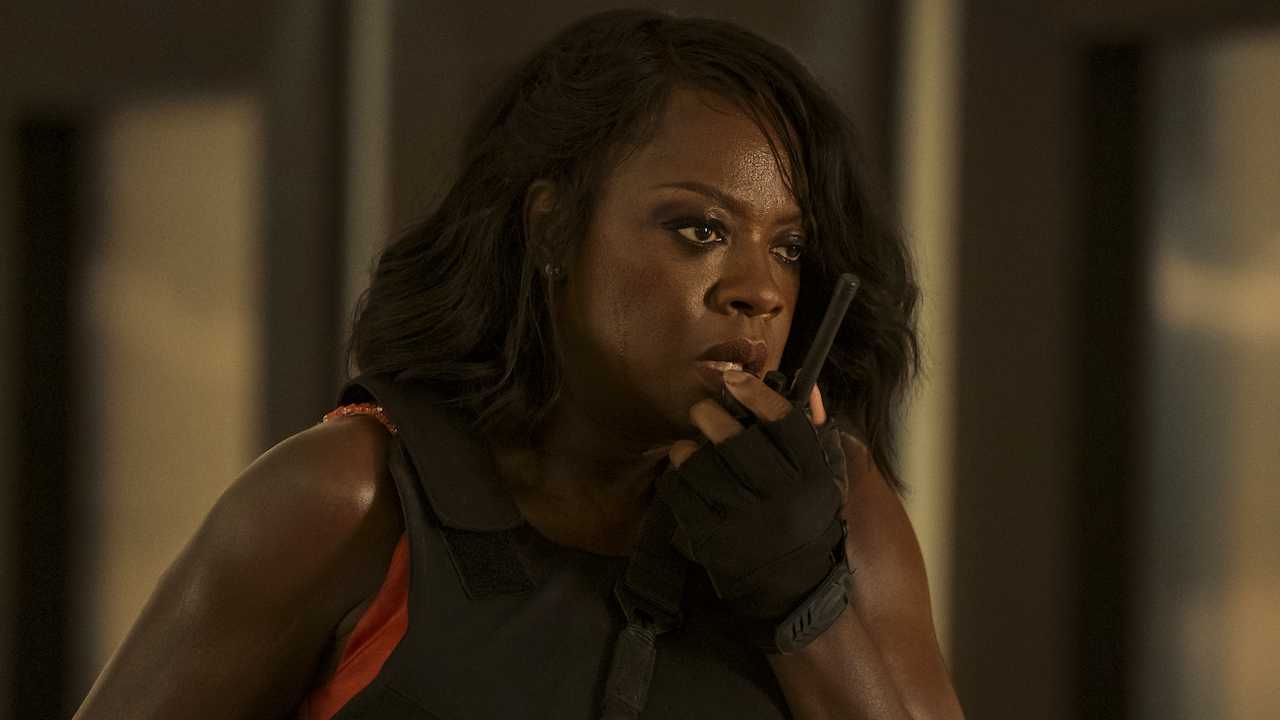Casey Affleck Explores The War And Violence Of Out Of The Furnace
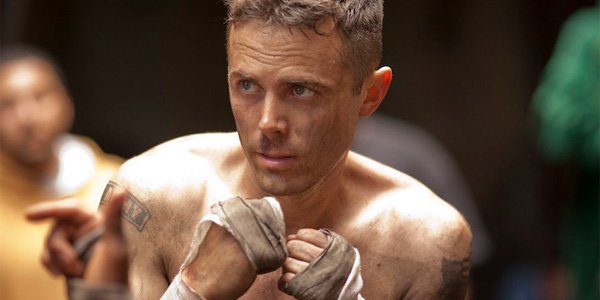
War is an incredibly horrific thing to experience. It is tragically common how often soldiers head into battle and come out the other side a radically different person than they once were. We’ve seen it time and time again on the big screen, from The Deer Hunter to Born of the Fourth of July, and this weekend we’ll be able to see Casey Affleck confront those kinds of horrific demons in Scott Cooper’s Out of the Furnace.
In the film Affleck stars as Rodney Baze Jr., a young man and soldier living in Pennsylvania with his ailing father and brother, Russell (Christian Bale). Over the course of the movie we see him get sent back into the Iraq War multiple times, causing a deep change in him mentally. His only outlet his competing in illegal underground boxing matches – a profession that leads him down a deep, dark path.
I recently got the chance to sit down one-on-one with the actor at a press day for Out of the Furnace and talked with him all about his new role. Check out our conversation below in which he talks about his attraction to complicated characters, playing with post-traumatic stress disorder, and, as a bonus, what it’s been like working with Christopher Nolan on the upcoming Interstellar.
It may just be looking at your films this year, but with your work in movies like Gone Baby, Gone and Assassination of Jesse James and Killer Inside, I’m curious if you think that you’re drawn to darker material.
You know, that’s funny because I can see that if I look back at all of the movies I’ve done, but I’m not really. I’m drawn to, I guess, complicated characters, but I would love to do a complicated character in something that was light-hearted. That just hasn’t happened that way so far, but people definitely must have some impression of me. I don’t think it’s accurate, because I hate violence. I hate it. I don’t want to watch it in movies. I definitely hate watching it in like boxing, martial-arts fighting, so it’s definitely not representative of who I am, in a way. It’s just the movies I’ve wound up in.
What does draw you to those projects? Is it the characters?
It’s really just the characters, and I guess, you know, more often than not, on projects like that you’ll have, I don’t know, I feel like the directors who I really like are also drawn to those kinds of movies and you want to work with these certain directors and you like certain characters and they often end up being these darker movies.
CINEMABLEND NEWSLETTER
Your Daily Blend of Entertainment News
And even just talking to Scott Cooper, he was saying how you’re kind of a hard sell, like it’s hard to get you to sign on for a project.
I guess I like to make sure that I’m making a, I guess so, I guess I can be picky. As long as I’ve made a good choice about what projects I’ll be a part of, then I feel safe making all kinds of mistakes, making bold choices, just letting myself go completely on set, because I know that I’ve made a good safe choice with who is guiding the whole ship. That said, I’ve also been in some very terrible movies and I’ve done movies just for money, because I was broke and you just have to just work. Guess you can’t have your cake and eat it too.
What do you look for in a relationship with a director? In taking on the part of Rodney, are you looking for in collaboration? Are you looking for a filmmaker who really knows exactly what he wants?
I like a director who has some sense of what they like, you know, and I guess I like when a director has a specific vision for what he wants, but is also willing, has the confidence to allow for other people’s input.
What were the kinds of conversations you were having with Scott about this character?
I would say they were sort of like, how would this character treat this person. How much is he going to show? How much of this life stays contained. You know, you have someone who of going through a lot of stuff that’s all secret. That’s the point of it. A lot of these vets come back and they can’t talk about certain things that they’ve done or seen, so then how does it manifest itself. What are the symptoms, so that it’s realistic and makes sense and it’s also clueing the audience in on some of this stuff, because you want them to see the interior life a little, you know.
Is this a case of post-traumatic stress disorder? Is that what we’re looking at here?
Yeah, I’d say so.
Is that something that you researched as well? How much prep time did you actually have to get into this role?
We had a few months of prep time. It was definitely something, that was the focus of the research, I would say, just trying to understand what he’s carrying as he comes back, and that was eye-opening. It really was. It was pretty astonishing what’s, the degree to which these guys are shaken and how hard it is to reintegrate into society.
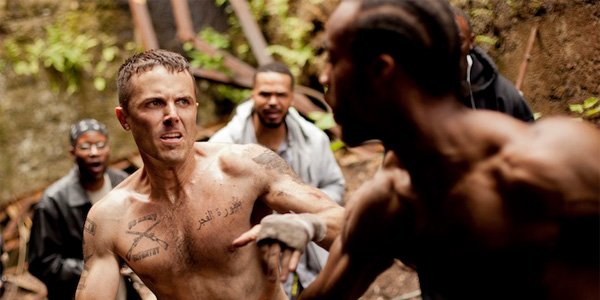
Rodney is so confident in every single move he makes, but that also includes getting right into the face of a scary mother fucker like Woody Harrelson’s character. Is he just that strong willed or do you think he has some kind of a death wish?
I just think that someone like Woody, who is scary to most people, is not at all scary to him, and he sort of thinks, I think it seems comical, the sort of posturing and intimidation that somebody who is like, might beat you up, is trying out on you, just is almost laughable to someone who’s been in danger every day of their life on the line and you know, every step there could be a land mine, there’s someone pointing a gun at their head.
So, it’s all just relative.
Yeah, I think he thinks it’s, and also, I think he’s most comfortable in moments of, when adrenaline and you know, in dangerous moments.
One thing that also struck me is when we meet this character he’s at the off-track betting and his brother comes to pick him up and you almost get the sense that he’s been bailed out before. Even before he gets really deep into fighting he’s still a guy who finds trouble. Do you think this is a character who’s been troubled his entire life, even before entering the army?
I don’t know. You know, it takes a certain kind of person to join the army and keep going back four times anyway. So, I would say he probably hasn’t had the easiest life. Their mother died when he was young and maybe he was troubled in some ways, yeah.
Do you look to Christian Bale’s performance as well, because the way the script works, there’s a mirrored trajectory between the two characters. One is being released from prison and is trying to put his life together. Meanwhile, on your side, you get back from army and it’s more about self-destruction. Is that something you’re looking at?
Honestly, it doesn’t help. I mostly focus on my own thing and sort of let the bigger picture and how all of the pieces are going to fit together, I leave that as much as possible to the director and you sort of carve out the piece that you’re responsible for and just do that as well as you can. You know, it’s like Lou Reed said, you’re a player for the coach. If every guy on that team is running a different play or is trying to call the play for the team, it’s going to be chaos. You’ve got to let the coach call the play and some guys block and some guys go for the pass, and do what you do.
I know I need to wrap up, but I do quickly want to ask about your work on Interstellar. Have you started your work yet?
Yeah!
What can you tell me about your character and what you’re even doing?
Oh man, they’ll kill me. They’ll hog tie me and cut my throat if I say something.
Can you give me anything, even a little bit? What has it been like working with Christopher Nolan?
A once in a lifetime experience. Honestly, everyone always just says nice things about each other, but the reality is he is not only like brilliant, but in the way, I don’t know if you’ve ever been around people like this, but they’re so good at what they do, that you can’t see them doing it. You go like, what’s he doing. He’s not doing anything. He’s not directing, but he’s totally controlling everything and it’s great, you know. And anytime in life when you get a chance to be around someone who is at the very top of their game, and see them doing it, you take it.

Eric Eisenberg is the Assistant Managing Editor at CinemaBlend. After graduating Boston University and earning a bachelor’s degree in journalism, he took a part-time job as a staff writer for CinemaBlend, and after six months was offered the opportunity to move to Los Angeles and take on a newly created West Coast Editor position. Over a decade later, he's continuing to advance his interests and expertise. In addition to conducting filmmaker interviews and contributing to the news and feature content of the site, Eric also oversees the Movie Reviews section, writes the the weekend box office report (published Sundays), and is the site's resident Stephen King expert. He has two King-related columns.
